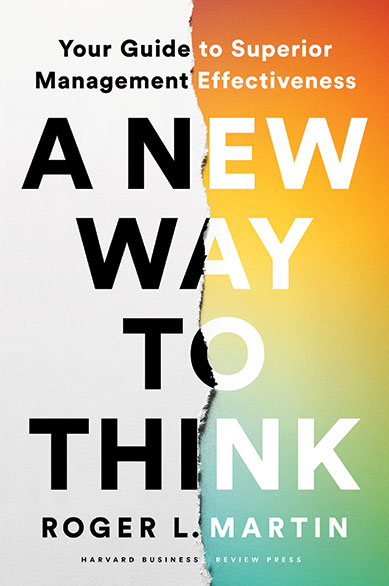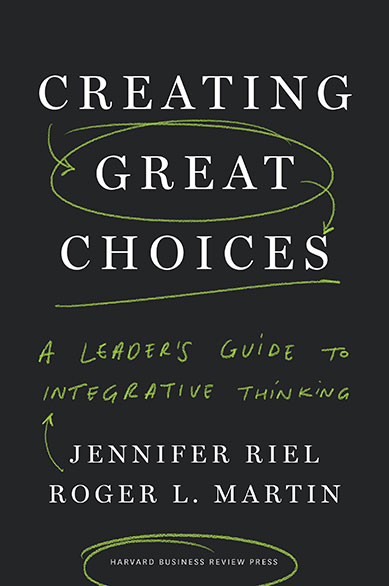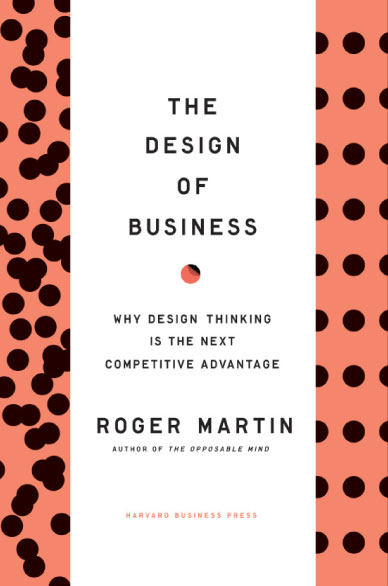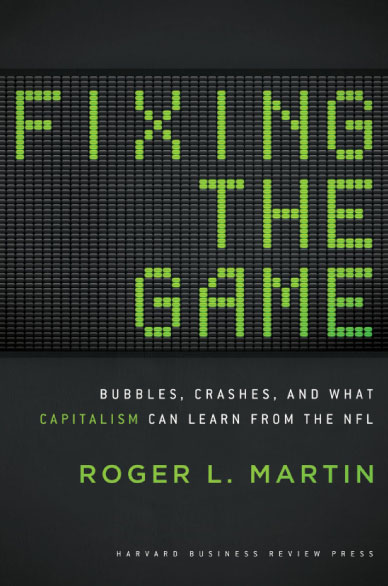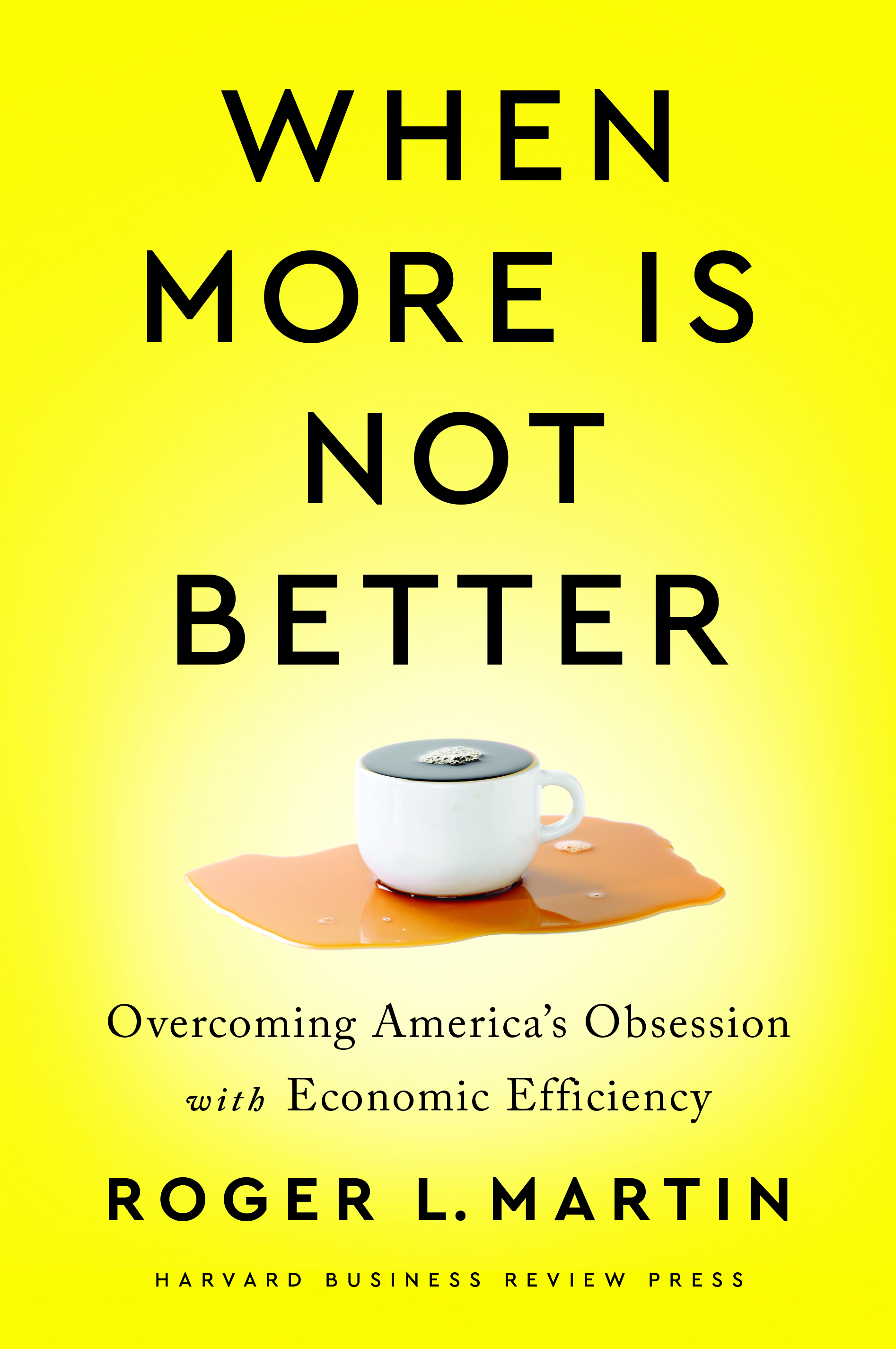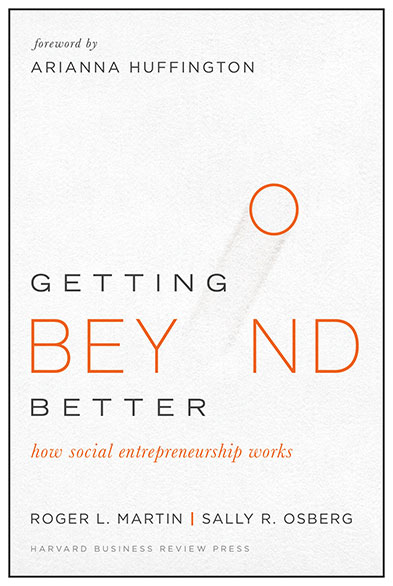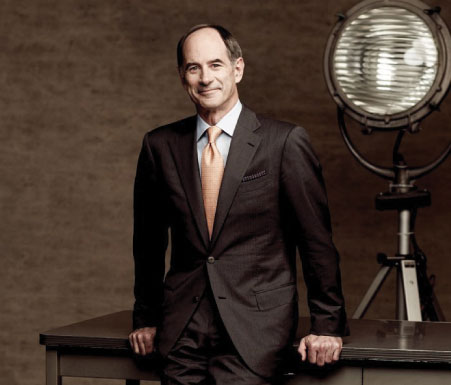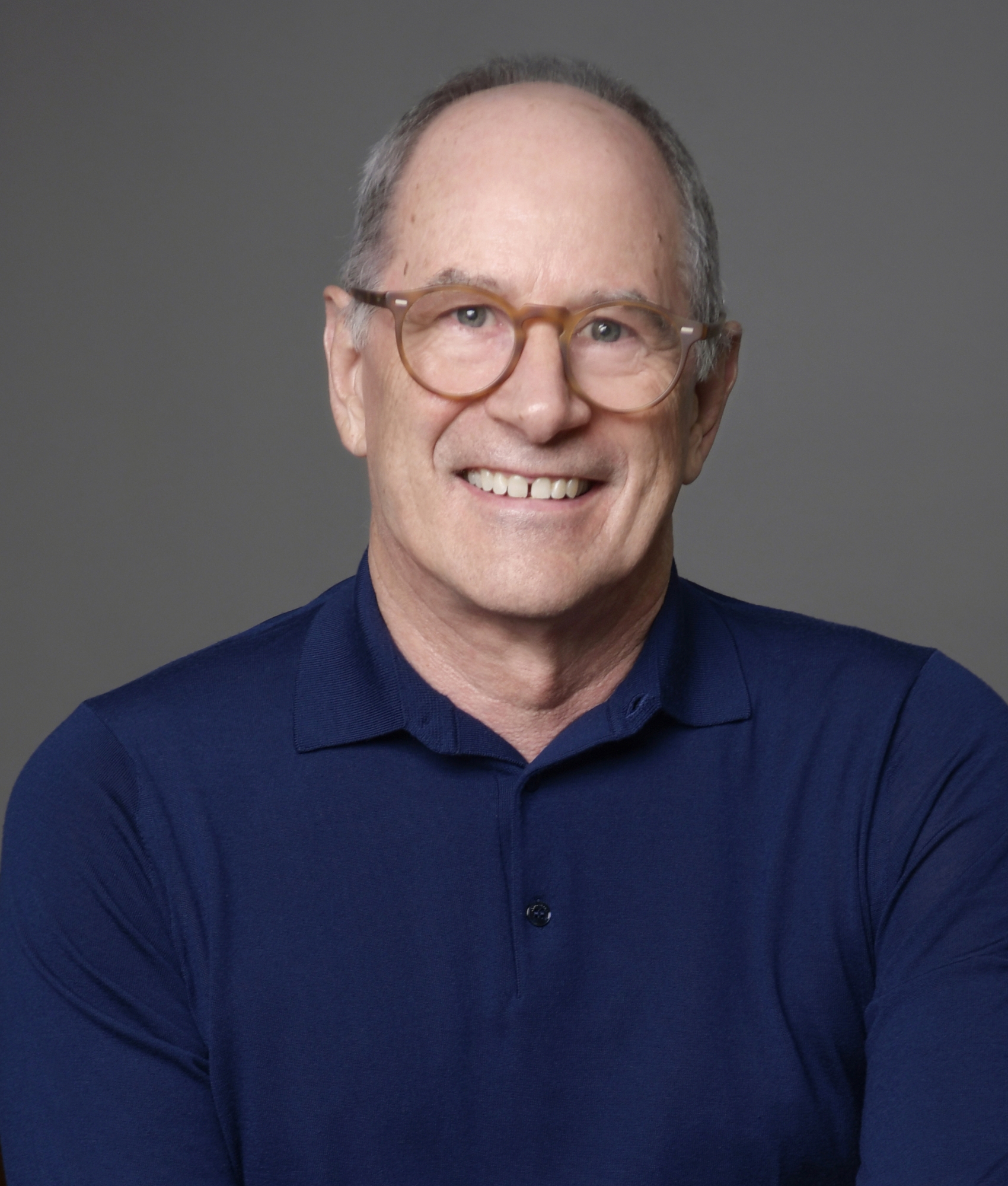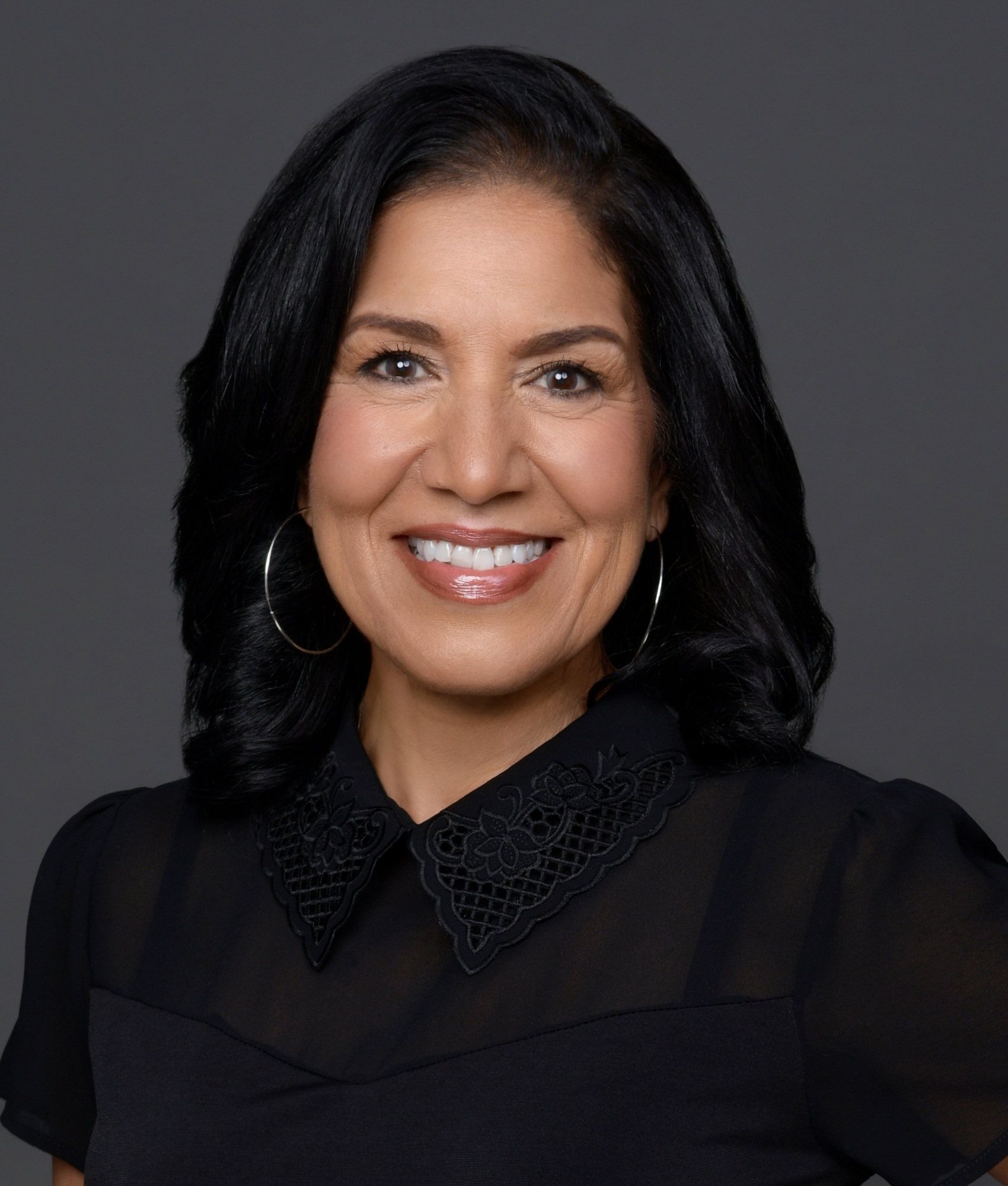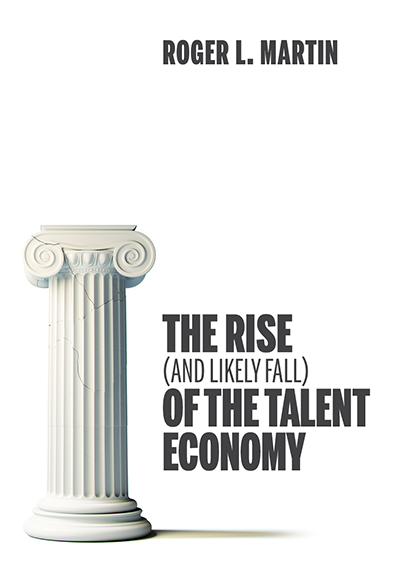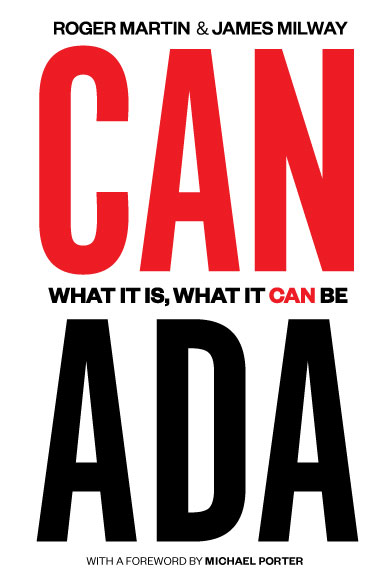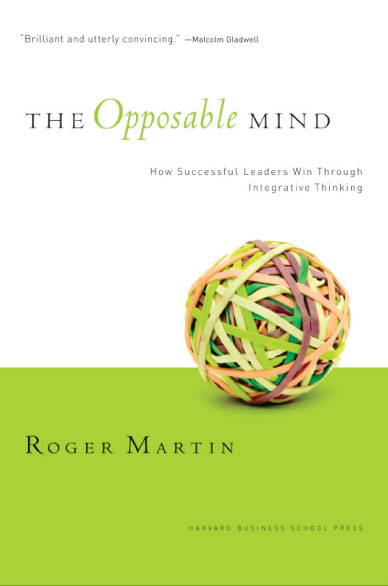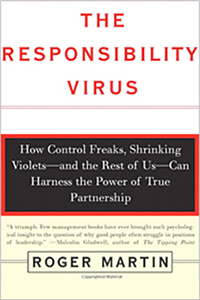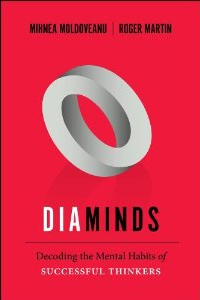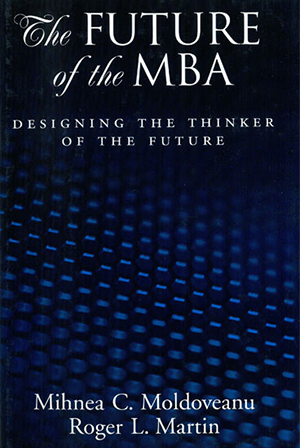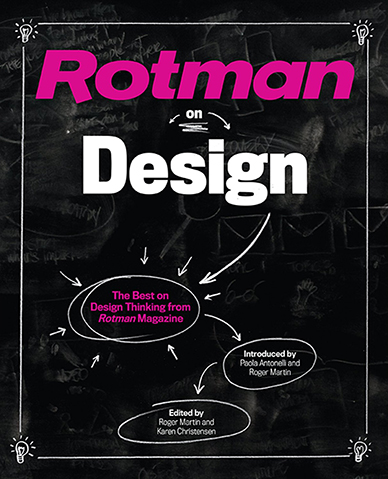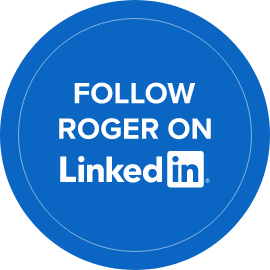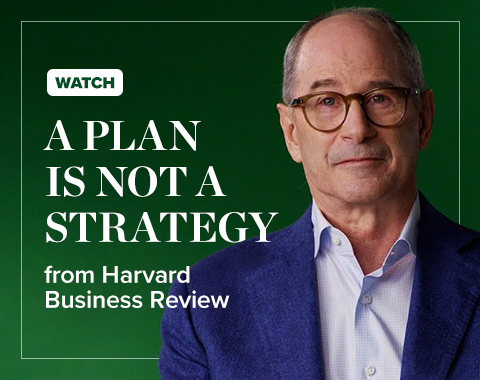I have been interested in the topic of democratic capitalism for three decades. In 1991, I orchestrated a four-way joint venture project between Monitor Company, Michael Porter, the Business Council on National Issues and the Government of Canada on Canadian competitiveness, which produced a landmark study called Canada at the Crossroads: The Reality of a New Competitive Environment. I followed that up by co-authoring Canadian Competitiveness: Ten Years After the Crossroads in 2001.
That same year, I was asked by the Premier of Ontario to Chair the Task Force on the Competitiveness, Productivity and Economic Progress of Ontario. The work of the Task Force was supported by the Institute for Competitiveness and Prosperity (ICP), which I also Chaired. We studied the factors that helped Ontario’s prosperity move forward, and those that held Ontario back. I chaired the Task Force and ICP for 13 years until 2014. The reports of ICP can be found here.
When I stepped down as Dean of the Rotman School in the summer of 2013, I became the Institute Director of the Martin Prosperity Institute (MPI). By this time, I had become highly concerned with the stagnation of middle incomes in America. My view of the promise of democratic capitalism is that it can and should ensure a consistently rising level of prosperity for a broad swath of the citizens of the country. That had happened for 200 years in the world’s leading democratic capitalist country, America, but then stopped. I dedicated six years of work from 2013 to 2019 to understanding how that happened and what to do to return to previous levels of performance. That work is described in greater detail here and was summarized in my 2020 book When More is Not Better: Overcoming America’s Obsession with Economic Efficiency.
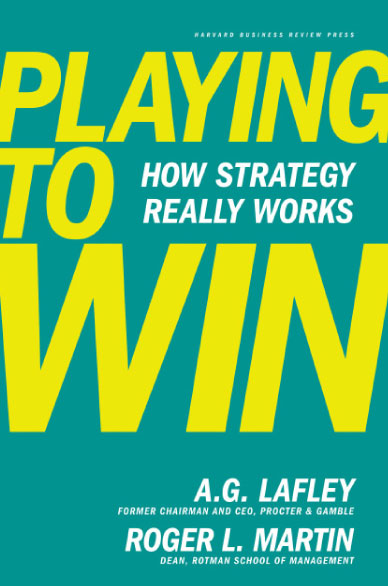 Buy the book
Book roger to speak
Buy the book
Book roger to speak
